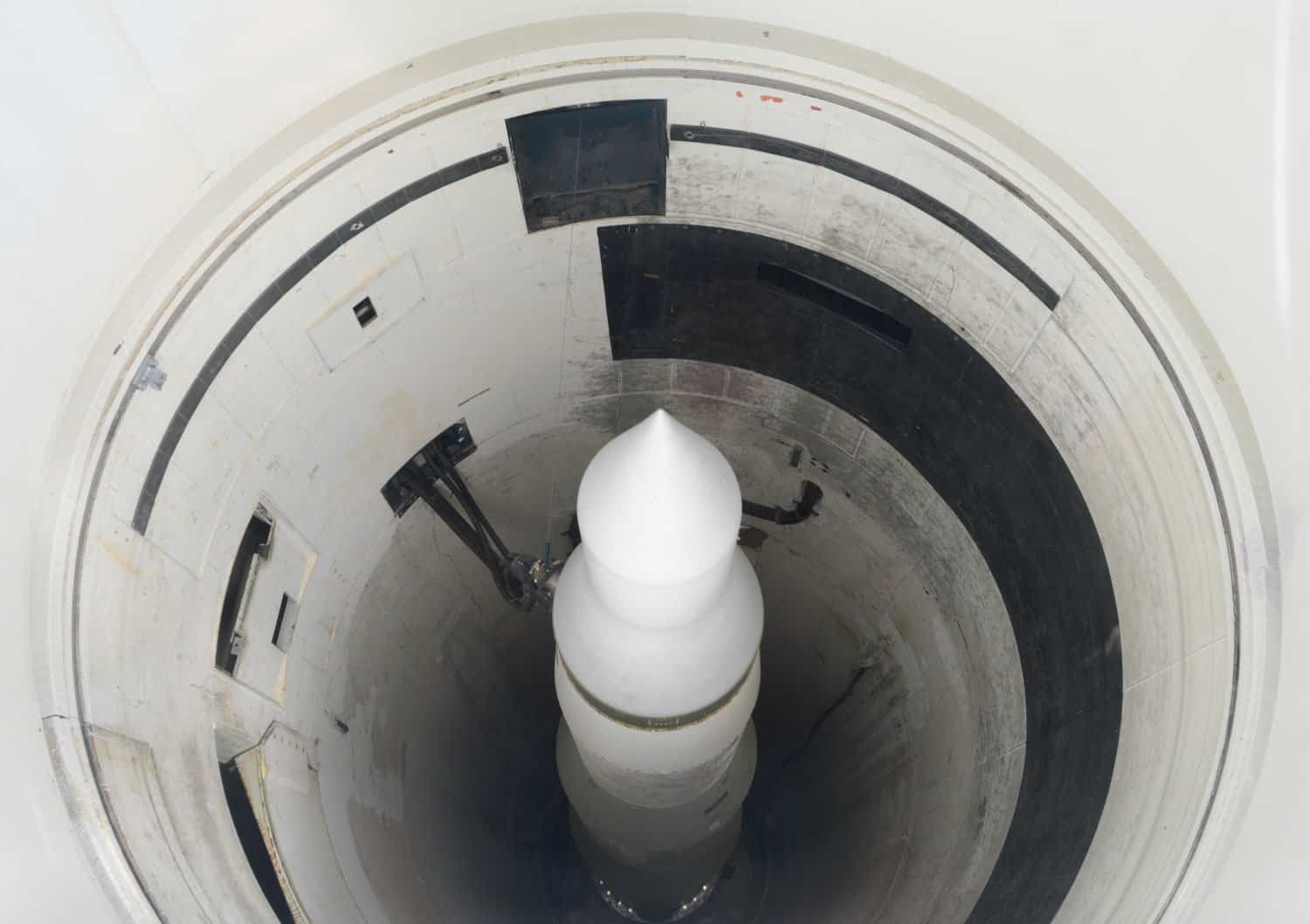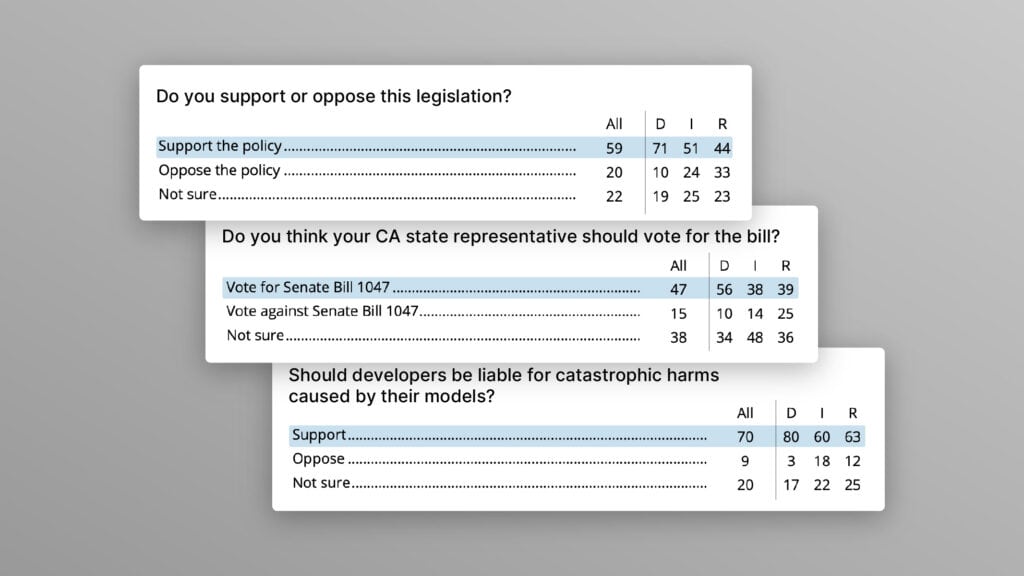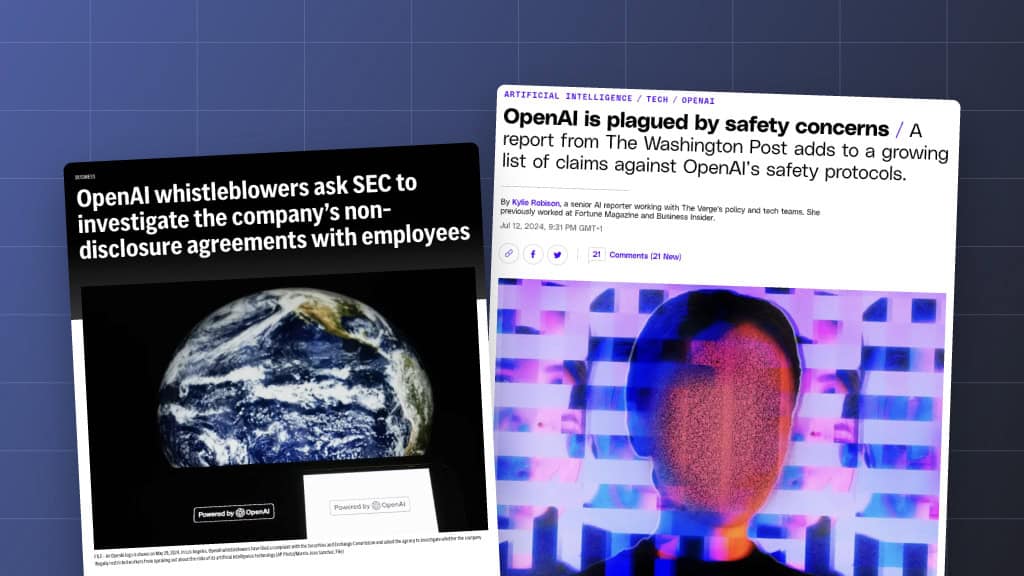Nuclear Weapons and the Myth of the “Re-Alerting Race”

Contents
The following article was originally posted on the Union of Concerned Scientists’ blog, The Equation.
One of the frustrations of trying to change policy is that frequently repeated myths can short-circuit careful thinking about current policies and keep policy makers from recognizing better alternatives.
That is particularly frustrating—and dangerous—when the topic is nuclear weapons.
Under current policies, accidental or mistaken nuclear war is more likely than it should be. Given the consequences, that’s a big deal.
We’ve posted previously about the dangers of the US policy of keeping nuclear missiles on hair-trigger alert so that they can be launched quickly in response to warning of attack. There is a surprisingly long list of past incidents in which human and technical errors have led to false warning of attack in both the both US and Soviet Union/Russia—increasing the risk of an accidental nuclear war.

Missile launch officers. (Source: Dept. of Defense)
This risk is particularly high in times of tension—and especially during a crisis—since in that case the people in charge are much more likely to interpret false or ambiguous warning as being real.
The main problem here is silo-based missiles (ICBMs), since they are at known locations an adversary could target. The argument goes that launch-on-warning allows the ICBMs to be launched before an incoming attack could destroy them, and that this deters an attack from occurring in the first place.
But deterring an attack does not depend on our land-based missiles. Most of the US nuclear force is at sea, hidden under the ocean in submarines, invulnerable to attack. And since the sub-based missiles can’t be attacked, they are not under the same pressure to launch quickly.
It’s for this reason that the sensible thing to do is to take ICBMs off hair-trigger alert and eliminate options for launching on warning of attack, which would eliminate the possibility of mistaken launches due to false or ambiguous warning. Security experts and high-level military officials agree.
(It’s worth noting that the US does not have a launch-on-warning doctrine, meaning that there is no requirement to launch on warning. But it continues to maintain launch-on-warning as an option, and to do that it needs to keep its ICBMs on hair-trigger alert.)
The myth of the “re-alerting race”
The main reason administration officials give for keeping missiles on alert is the “re-alerting race” and crisis instability. The argument is that if the United States takes its missiles off hair-trigger alert and a crisis starts to brew, it would want to put them back on alert so they would not be vulnerable to an attack. And the act of putting them back on alert—“re-alerting”—could exacerbate the crisis and lead Russia to assume the United States was readying to launch an attack. If Russia had de-alerted its missiles, it would then re-alert them, further exacerbating the crisis. Both countries could have an incentive to act quickly, leading to instability.
This argument gets repeated so often that people assume it’s simply true.
However, the fallacy of this argument is that there is no good reason for the US to re-alert its ICBMs in a crisis. They are not needed for deterrence since, as noted above, deterrence is provided by the submarine force. Moreover, historical incidents have shown that having missiles on alert during a crisis increases the risk of a mistaken launch due to false or ambiguous warning. So having ICBMs on alert in a crisis increases the risk without providing a benefit.
The administration should not just take ICBMs off hair trigger alert. It should also eliminate the option for launching nuclear weapons on warning.
Eliminating launch-on-warning options would mean you do not re-alert the ICBMs in a crisis. With no re-alerting, there is no re-alerting race.
President Obama should act

Obama in Prague, 2009 (Source: Dept of State)
Maybe administration officials have not thought about this as carefully as they should—although, hopefully, a key policy change that would reduce the risk of accidental nuclear war is not being rejected because of sloppy thinking.
Maybe the real reason is simply inertia in the system. The president’s 2009 speech in Prague showed he is willing to think outside the box on these issues to reduce the risk of nuclear catastrophe. So maybe it’s his advisors who are not willing to take such a step.
In that case, he should listen to the words of Gen. Eugene Habiger, former Commander in Chief of U.S. Strategic Command—the man in charge of US nuclear weapons. Earlier this year, he said:
We need to bring the alert status down of our ICBMs. And we’ve been dealing with that for many, many decades. … It’s one of those things where the services are not gonna do anything until the Big Kahuna says, “Take your missiles off alert,” and then by golly within hours the missiles and subs will be off alert.
The Big Kahuna is president until January 20, 2017. Hopefully he will get beyond the myth that has frozen sensible action on this issue, and take the sensible step of ending launch-on-warning.
About the Future of Life Institute
The Future of Life Institute (FLI) is a global think tank with a team of 20+ full-time staff operating across the US and Europe. FLI has been working to steer the development of transformative technologies towards benefitting life and away from extreme large-scale risks since its founding in 2014. Find out more about our mission or explore our work.
Related content
Other posts about Nuclear, Recent News

The U.S. Public Wants Regulation (or Prohibition) of Expert‑Level and Superhuman AI

Poll Shows Broad Popularity of CA SB1047 to Regulate AI


